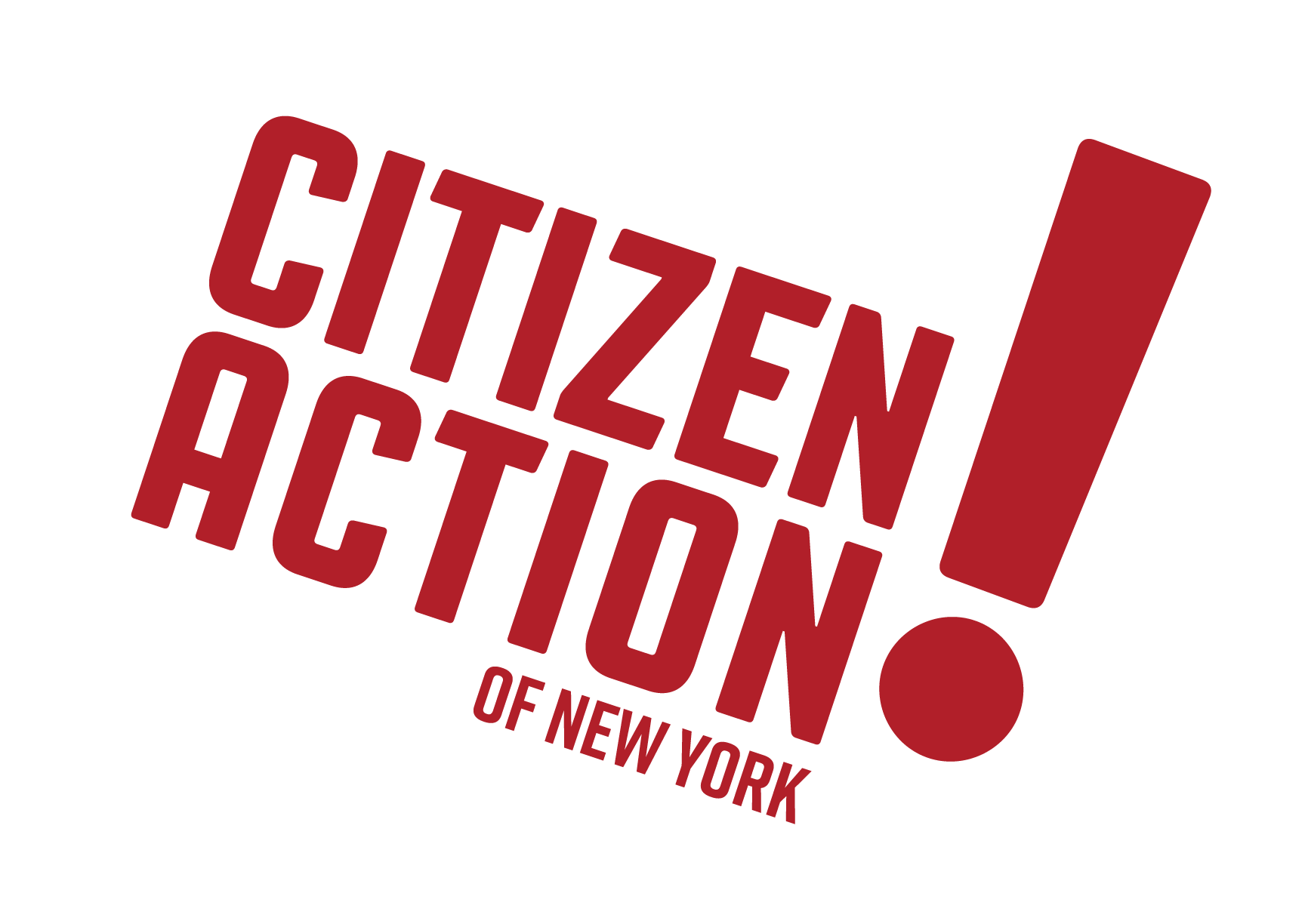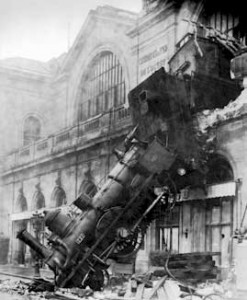Update: Yesterday’s New York Times included an editorial in support of public financing of elections, like the system in Connecticut:
STOP THE SEWER MONEY New York’s campaign finance laws are notoriously loose, allowing unions, businesses and the wealthy to have their way with Albany. An individual can give only $4,800 to a candidate for president, but $55,900 to a candidate for governor. Write a check to a New York political party for “housekeeping” and it can have as many zeroes as you like. Those fattened political parties can give unlimited amounts to candidates.
Even worse, the loose limits are paired with looser enforcement. One assemblywoman has been fined 63 times for not filing any campaign contribution data for over a decade.
Finally, New York politicians can use campaign money for almost anything — funds have been used for pool covers, country club dues and even legal fees after the lawmaker has left office to do time in jail. The New York State Board of Elections is supposed to monitor those expenses, but as a spokesman for the board told one reporter: “Unless you out-and-out stick it in your pocket and walk away, everything’s legal.”
The goal should be public financing of campaigns like the system in Connecticut, and strict rules for reporting and using that money. New York City’s rules are a good model.
Two recent newspaper editorials, the first in the Albany Times Union on September 27th: Time to retire pension politics and Buffalo News’ Rod Watson Commentary on October 1st: Only one way to clean the Pigeon cage, call for the real answer to ending New York’s political mess: public financing of elections.
Public Financing of Elections is not just a good government dream. It’s necessary if New York is going to survive its political train wreck.
Maine and Arizona did it over a decade ago and New York City before that. Connecticut, as Watson highlights, sent a Governor to jail on corruption charges in 2005. That forced the legislature and new Governor to pass their system of full public financing of elections.
Here in New York, advocates and the public alike continue to ask: How bad does it have to get before our elected officials act?
After last June’s debacle in the Senate that drew national attention, our elected officials owe it to the public to do the right thing. Although lawmakers continue to try and push for an Ethics Reform package, it’s not enough. As the Times Union and Buffalo News commentaries admit – the only real way to get around money corrupting both the system as a whole and the candidates in it is by implementing public financing of campaigns, among other reforms.
The State Assembly has passed a bill for decades, updated and improved it in 2008, and passed it again last legislative session. The Senate Democratic Majority was scheduled to pass a public financing of elections bill through committee for the first time ever, the day after the Republicans and dissident Democrats, with the help of Billionaire busy body Tom Galisano orchestrated the so called “coup.” Who knows if there would have been enough support to pass the bill through both, or if the Governor would have had the strength to do the right thing and sign it into law – but, there is clear support from many in the Legislature.
As we head into the 2010 legislative session and as Governor Paterson prepares his budget agenda, there is an immediate step the legislature could take to get the ball rolling for public financing on a state level. It is very clear that the Comptroller’s office, with all the controversy of the past, is a good place to start. Comptroller DiNapoli has been calling for public financing publicly for a while now. Along the way, he has tried and tried again to do what is in his own power to stop the flow of money from those who may want favors from his office. But the Comptroller himself cannot implement reform – that is the job of the Legislature and the Governor.
Governor Paterson should put a provision to fund a first run of public financing with the Comptroller’s race in 2010 in his executive budget this year. Or even better, he should propose it during a special session sooner than that. Although the timeline will be tight, if the legislature passes the proposal in the next few months, there will be just enough time for the Board of Elections to get a program up and running for only the Comptroller’s race in 2010. The program has been done in New York City for decades and in other states as well. New York can learn from those experiences.
Governor Paterson and the Democrats in the State Senate have a duty, an obligation to New Yorkers to show us they are serious about cleaning up state government’s act. Comptroller DiNapoli is ready and willing to be guinea pig for a first run through. This would be no excuse for the legislature not passing a program to cover everyone in upcoming election cycles, but it would be a solid first step that could happen now.

